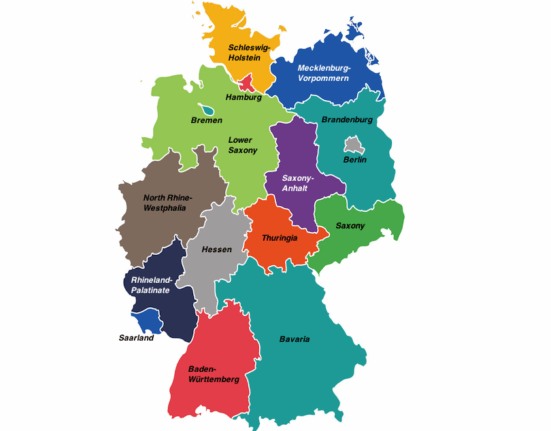The Green Climate Fund recently announced significant reforms aimed at simplifying and expediting the accreditation process for organizations in developing countries seeking funds for climate projects. Achala Abeysinghe, director of investment services at the UN-backed Green Climate Fund (GCF), expressed the need for change by highlighting that the current process is
“slow, cumbersome and difficult to navigate – which limits GCF impact on the ground.”
In response to these challenges, the reforms seek to address these issues and make accreditation more efficient and accessible. The goal is to reduce the average time required for approving regional and national entities from a lengthy 30 months down to just nine months. This streamlined approach intends to make accreditation
“more fit-for-purpose, more predictable and more accountable,”
as emphasized by Abeysinghe.
The reforms were welcomed by board members representing governments worldwide, including those from developing nations who have voiced concerns about the prolonged accreditation timeline. María Fernanda Souza from Paraguay described it as a
“positive step toward greater efficiency, coherence and alignment towards the fund’s strategic priorities.”
One of the key changes includes streamlining procedures and deferring many due diligence checks until an organization applies for funds rather than during the initial accreditation stage. By tailoring scrutiny based on project requirements, unnecessary reviews are avoided, making the process more targeted and efficient.
Additionally, fast-track accreditation will be extended to organizations already approved by similar funds like GCF, with discounts on accreditation fees offered to national and regional institutions over international bodies. This move aims to support entities from least developed countries and small island developing states in accessing climate finance more easily.
Abeysinghe stressed the importance of setting clear timelines for both GCF representatives conducting accreditations and institutions applying for them. This commitment to accountability ensures that all parties involved adhere to defined schedules throughout the process.
However, not all feedback has been entirely positive. Kairos Dela Cruz from the Institute for Climate and Sustainable Cities in the Philippines raised concerns that certain screening requirement changes could inadvertently create obstacles for national and regional bodies seeking accreditation due to tight deadlines for addressing issues.
Looking ahead, these reforms are slated for full implementation by October 2025. In a recent development under existing procedures, eight new organizations received accreditation from GCF’s board this week. Notably, this includes diverse entities such as development banks in Namibia and Saint Lucia along with global organizations like Sweden-based International Land and Forest Tenure Facility.
Jerome Mutumba from Namibia’s Development Bank highlighted how this accreditation marks a transformative milestone enabling direct access to international climate finance opportunities while empowering them to propose impactful climate projects.
During their meeting in Port Moresby, Papua New Guinea, the board approved 17 climate projects receiving a record $1.225 billion allocation – signifying substantial progress towards addressing climate challenges globally. These projects focus on various aspects such as enhancing drinking water access in Pacific islands or bolstering resilience in Sahara desert ecosystems against climatic shifts.
The Green Climate Fund’s ongoing efforts reflect a commitment towards improving accessibility and efficiency in funding mechanisms essential for combating climate change impacts worldwide.









Leave feedback about this